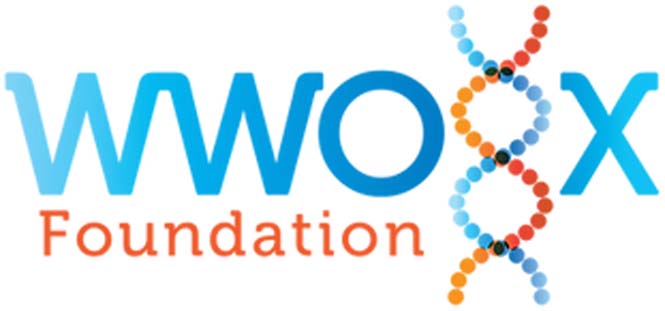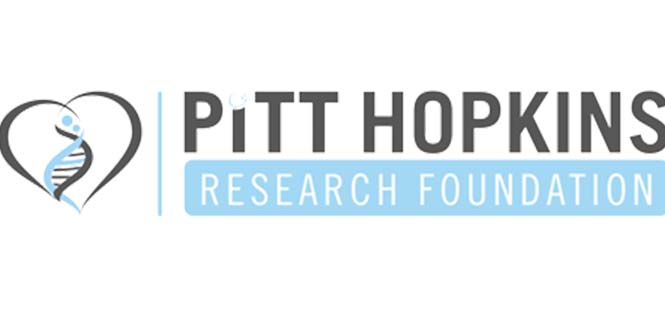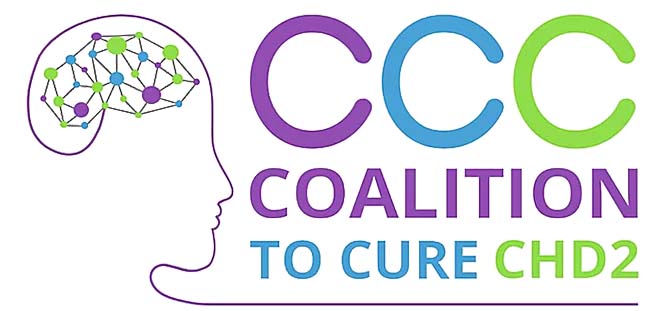Pipeline
Disease
Pre-Clinical
IND-Enabling
Phase 1/2
Disease
Pre-Clinical
IND-Enabling
Phase 1/2
WOREE/SCAR12 (WWOX Deficiency)
Presents as a severe form of epileptic encephalopathy at birth – WOREE (WWOX related epileptic encephalopathy) and a slightly less severe form which presents around the age of 10-12 months – SCAR12 (spinocerebellar ataxia 12). Both forms are characterized by refractory epilepsy, global developmental delay and cognitive impairment.
These WWOX related diseases are caused by mutations in WWOX (WW domain containing oxireductase), Inherited in an autosomal recessive or compound heterozygous manner.
Mahzi in collaboration with the Aqeilan lab at the Hebrew University, Jerusalem, is developing an AAV9 based gene replacement approach to treat these diseases.
Disease
Pre-Clinical
IND-Enabling
Phase 1/2
Pitt Hopkins (TCF4 Deficiency)
Children present with a combination of autism, developmental delays, hypotonia, ataxia, apnea/hyperventilation, gastrointestinal issues and less frequently epilepsy.
The disorder is caused by de novo mutations in TCF4, a transcription factor. In an extremely small number of cases families have more than one child affected.
Mahzi, in collaboration with the Muotri lab at UCSD, is developing an AAV9 based gene replacement approach.
Disease
Pre-Clinical
IND-Enabling
Phase 1/2
CHD2 Deficiency
Children present at the age of 6 months – 4 years with a combination of refractory epilepsy, global developmental delays, speech and motor delays, intellectual disability, behavioral problems, autism, photosensitivity, and regression (loss of milestones).
The disorder is caused by mutations in the CHD2 gene that provides instructions for making Chromodomain DNA Helicase Protein 2, an epigenetic regulator.
Mahzi, in collaboration with the Ulitsky lab at the Weizmann Institute of Science, Rehovot, is developing an ASO approach for the treatment of CHD2 deficiency.
Disease
Pre-Clinical
IND-Enabling
Phase 1/2
Earlier Programs



